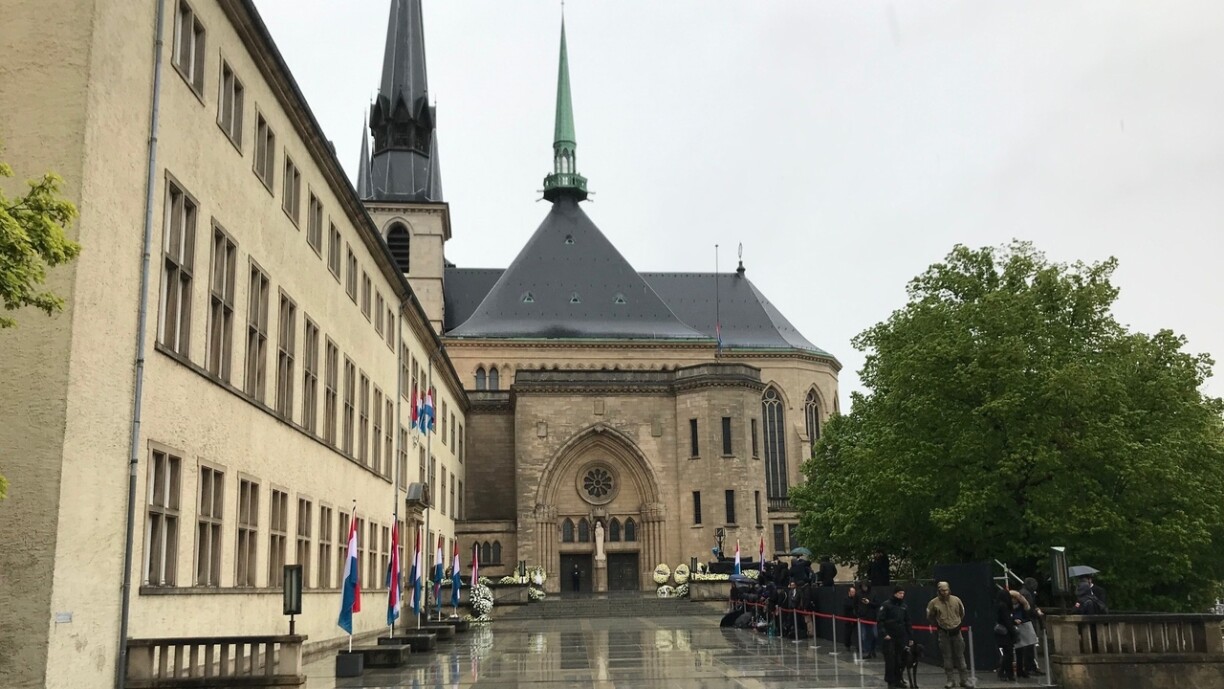
Vicar General Patrick Muller spoke to our colleagues from RTL Radio about the preparations for Pope Francis’ visit to Luxembourg on 26 September, which includes a service at Notre-Dame Cathedral.
A total of 10,190 people registered online for a chance to attend the event. However, with only 650 seats available, tickets were distributed via a draw. On Monday, all applicants were notified by email whether they had secured a ticket.
The 650 individuals from the general public who received tickets, either for seating inside the cathedral or in a heated tent in the inner courtyard, will need to report to the Grand Théâtre foyer in Limpertsberg on 26 September.
There, they will pass through metal detectors, similar to airport security checks, according to Vicar General Muller.
Attendees are advised to avoid bringing any items considered “dangerous” and are encouraged to leave most personal belongings at home. However, lockers will be available at the theatre for those who need to store their belongings. After the mass, buses will return attendees to the Grand Théâtre, where they can retrieve their items.
Since attendees will begin seating in the cathedral as early as 2.30 or 3pm, water bottles and muesli bars will be provided. Muller explained that the security process will take time, and with the mass scheduled to conclude at 5.30pm, the church decided to offer refreshments to ensure attendees remain hydrated and maintain their energy.
Muller highlighted the extensive planning required for the event. Preparations began around Ascension Day, with planning intensifying as the summer holidays approached. While things slowed down in August, final preparations are now in full swing. Although most arrangements are in place, Muller noted that some small details are still being adjusted.
He also pointed out that, traditionally, papal visits are announced and planned a year in advance, underscoring the significant effort involved in organising this event on a shorter timeline.